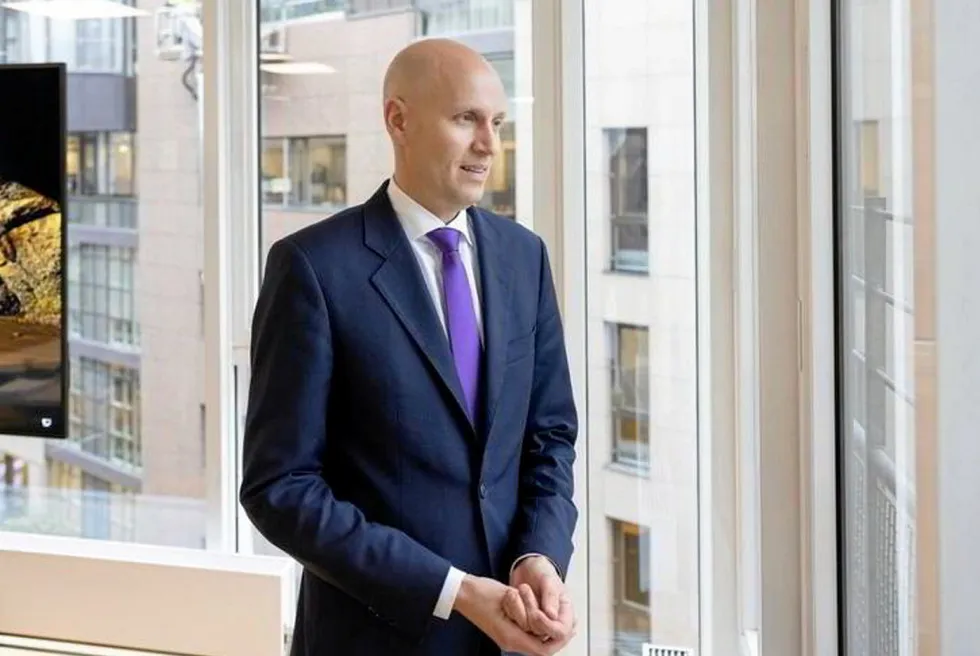Higher demand for hydrogen electrolysers means leading manufacturers can raise prices, says Nel CEO
Customers are concerned that 'it will be difficult to get sufficient electrolysers' in the short term, Håkon Volldal explains

Customers are concerned that 'it will be difficult to get sufficient electrolysers' in the short term, Håkon Volldal explains
